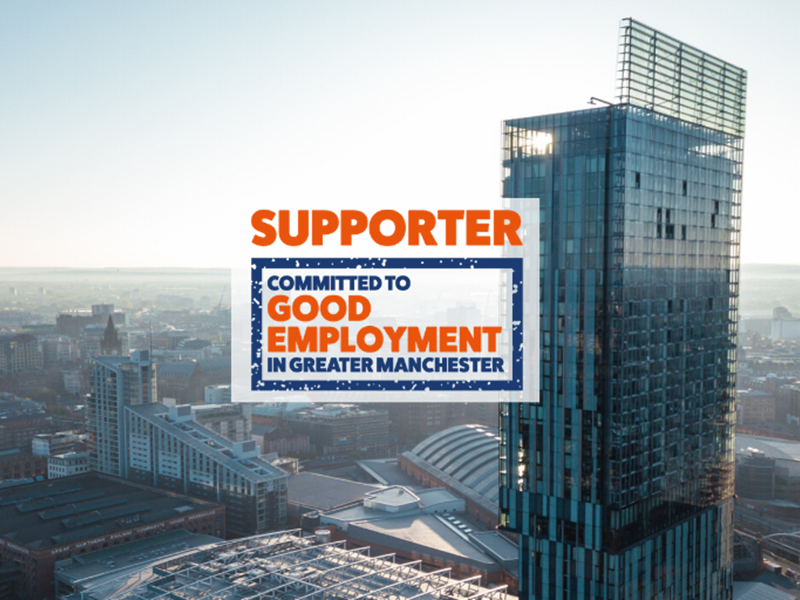Why it Matters
Flexible working describes any type of working arrangement that gives some degree of flexibility on how long, where and when employees work. While the statutory right to request flexible working may have helped to make flexible working a familiar phrase, flexible working arrangements have been an option in many employment sectors for a while. Changing lifestyles and circumstances are showing:
- employees want to achieve a better balance between work and home life
- customers expect to have goods and services available outside of the traditional 9-5 working hours
- organisations want to meet their customers and employees needs in a way that enables them to be as productive as possible
Organisations are under constant pressure to produce goods and services, of the best quality and price. To meet these demands, new ways of working have to be found to make the best use of staff and resources. Flexible patterns of work can help to address these pressures by maximising the available labour and improving customer service.
As employers, organisations also have a ‘duty of care’ to protect their employees from risks to their health and safety. These risks might include stress caused by working long hours or struggling to balance work and home life. Flexible working can help to improve the health and well-being of employees and, by extension, reduce absenteeism, increase productivity, and enhance employee engagement and loyalty.
Flexible working arrangements are already used in many different employment sectors, such as:
- part-time work, often used in hotels, restaurants, shops, warehouses etc.
- flexitime, mostly used in office-based environments for staff below managerial level in public and private sector service organisations
- annualised hours, often used in manufacturing and agriculture where there can be big variations in demand throughout the year
With developments in technology, particularly in the availability of communication tools (such as fast home broadband and smartphones), flexible working and the importance of work-life balance, more roles could be compatible with a flexible working arrangement.
Membership Criteria
Charter Members will be expected to provide evidence of enabling a more flexible workforce to access a broad diversity of skills and talent:
Designing jobs which flex wherever possible:
- Where people work (working from home; across different offices; mobile working);
- When people work (flexible start or finish times; annualised flexibility; compressed hours; project-based work; shift work); and
- How much people work (part-time; job sharing or job splitting; unpaid leave).
- Where people work from home, reviews of working conditions, including the need for reasonable adjustments, should be carried out.
Having a flexible working policy to:
- Encourage flexible working where appropriate and reasonable;
- Give every individual the opportunity regardless of circumstances to request and be considered for flexible working arrangements and for a decision to be reached and communicated to an employee within 28 days of a flexible working request being made*
- Consider requests for flexible working from day one of employment.
- Regular review of flexible working arrangements.
- Advertising all jobs with clarity on the possibility of job flexibility from the outset.
Making Flexible Working the Default - BEIS Consultation Report
This report contains the outcomes of a Consultation Event held in Nov, to consider the BEIS consultation document: Making Flexible Working the Default. Delivery was in partnership with Acas and Ernst & Young.


